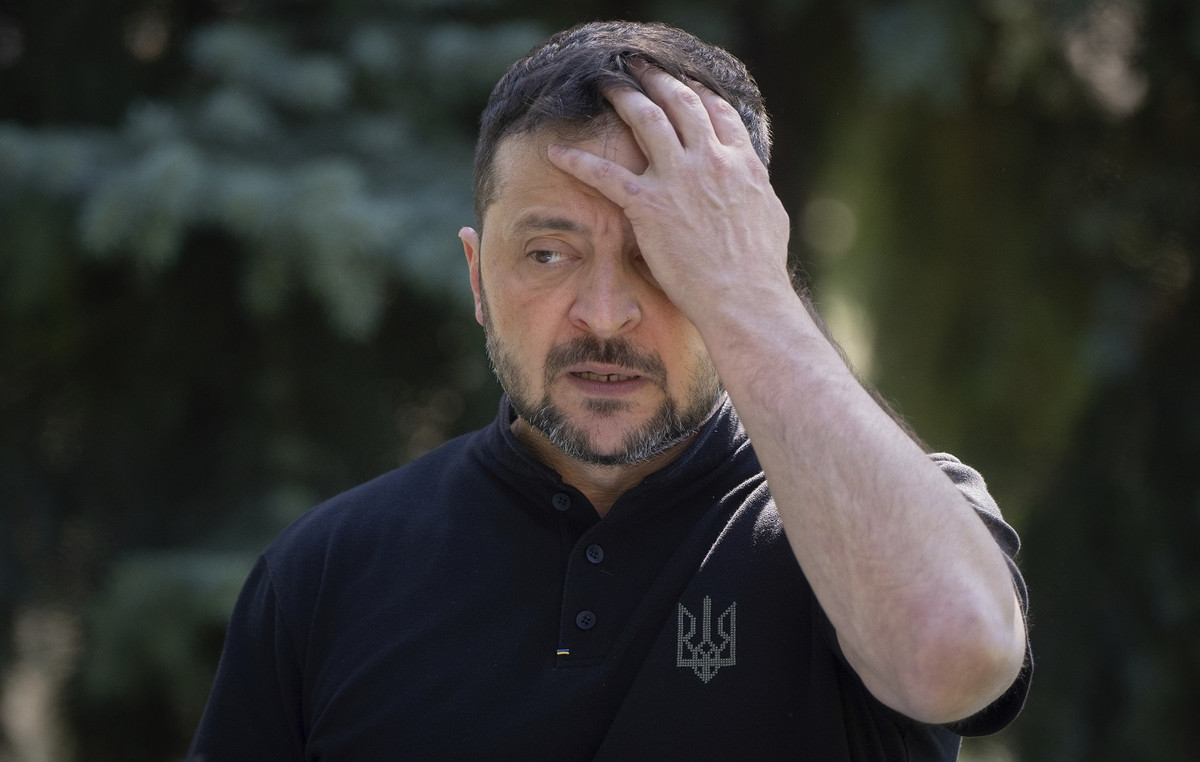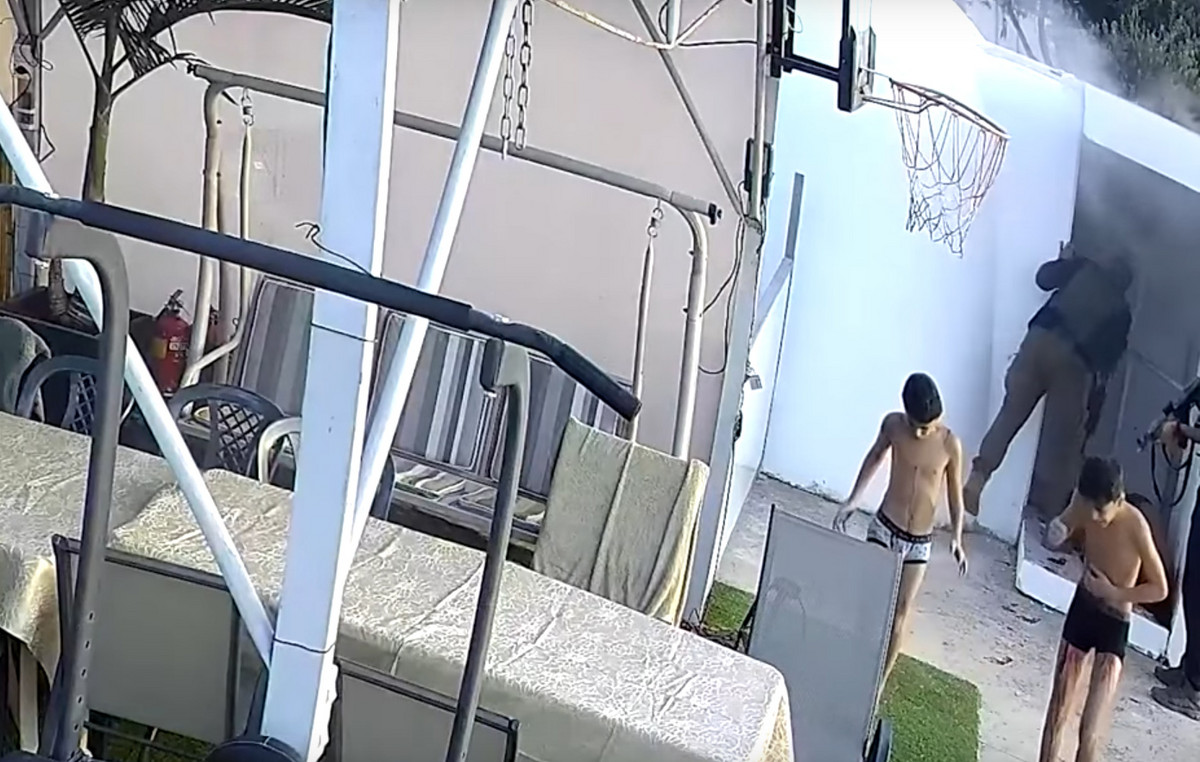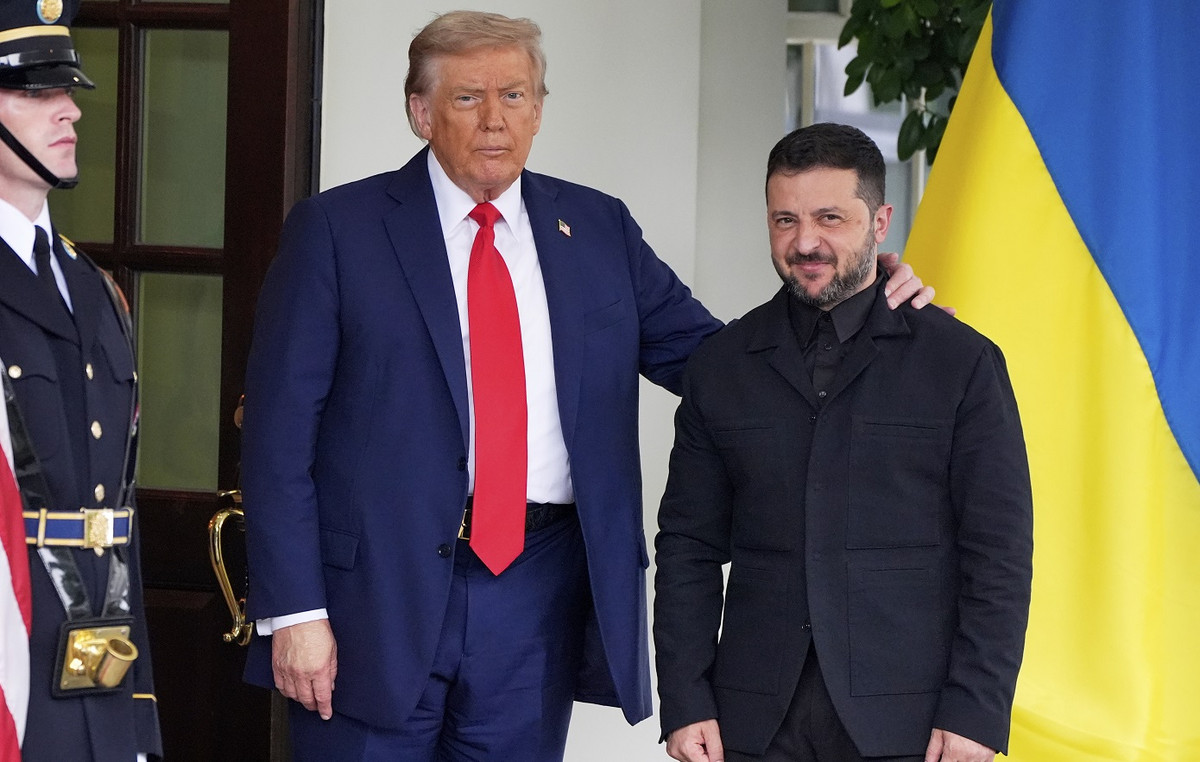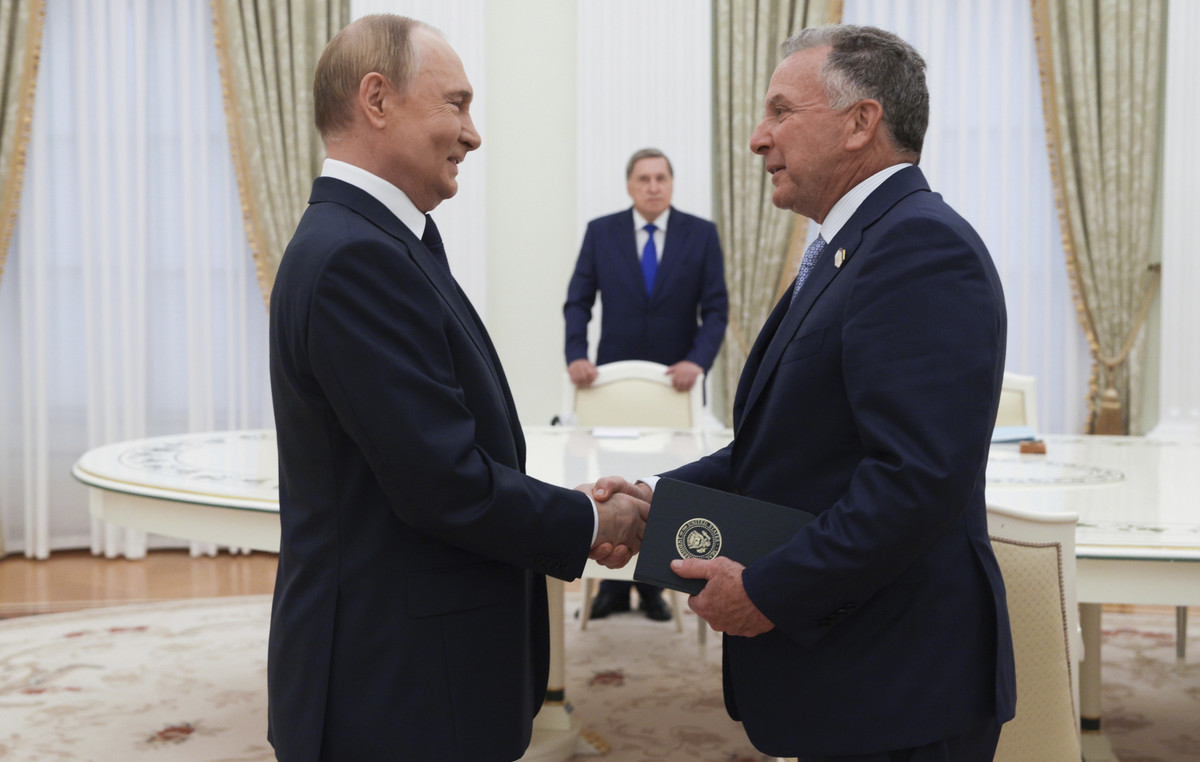Loin their militant youth of the far left, nine Italian retirees appeared on Wednesday 5 May before the Paris Court of Appeal, the first public step in a long battle to avoid extradition to Italy, which claims for terrorist crimes committed during the “years of lead”.
Aged 63 to 77, these former activists, who have rebuilt their lives in France for more than thirty years, marched in turn in front of the magistrates of the extradition chamber, demonstrating “astonishment”, “incomprehension” or “feeling injustice ”, a week after the historic turnaround of the Elysee Palace which favored the execution of extradition requests renewed by Italy.
A tenth, Maurizio Di Marzio, targeted by an arrest warrant that expires in mid-May, is on the run. Free under judicial supervision since April 29, the nine others, including four former members of the Red Brigades, appeared for about a quarter of an hour each, the first round of a fight expected to last for months, even years.
“The accusations against me are unfounded”
Almost invariably, the magistrates ask: “Do you consent to your surrender to the Italian Republic? “. “Absolutely not,” replies Sergio Tornaghi, 63, sentenced to life imprisonment for his role in the murder of an industrialist in Milan in November 1980. Need an interpreter? “For forty years, I think I speak correct French,” sweeps the former brigadist with a solid accent.
“Do you have any observations? »Then conclude the judges, before fixing for each the date of the first debate on the merits, in June. “The accusations against me are unfounded,” replied Sergio Tornaghi soberly. Then comes Raffaele Ventura, 71 years old. Dark jacket, light shirt, short graying hair, he claims to be the victim of a miscarriage of justice over the murder of a police officer in May 1977 in Milan. Naturalized French in 1986, he renounced his Italian nationality, his son having been born in France.
“I have adopted the principles of the Republic, I leave it to your decision,” he concludes. Giorgio Pietrostefani, the 77-year-old dean, mask on his nose, is not available at the next date: liver transplanted, he must be hospitalized. “Like every three months,” he says before shuffling off again.
The nine defendants appeal to the “Mitterrand doctrine”
Behind their modest appearance of a silent grandfather, it is difficult to distinguish the young activists condemned for their involvement, which many contest, in the political assassinations that terrified Italy from the end of the 1960s to the beginning of the 1980s. the commitment made in 1985 by President François Mitterrand not to extradite activists who have broken with their past. For the French authorities, the perpetrators of blood crimes are however excluded from this “Mitterrand doctrine”.
“I would like to express my gratitude for this welcome in France, for all the people who carried this story”, says Roberta Capelli. For this 66-year-old specialized educator, sentenced to life imprisonment for her involvement in the murder of a general and a police officer in 1979-1980, “it was not a question of complacency towards our history, but of imagining a another possible trajectory than the whole penal one ”.
In turn, Marina Petrella is more eloquent than men. “These thirty years of refuge in France were years of pain (…), a form of perpetual atonement, without remission of sentence, without grace and which will accompany me until death”, declares the one who affirms to have been sentenced to life imprisonment because she “assumed collective responsibility for the crimes” of her political organization. His extradition, signed by the government in 2008, was suspended at the last minute by President Nicolas Sarkozy for health reasons.
“All this suffering, however, could have given rise to the reconstruction of life,” continues in a clear voice this 66-year-old social worker with white hair, dressed in an elegant blue woolen coat. “I would like this suffering to be taken into account in your decision, because, after thirty years of reception in France, at the age of almost 70, we do not return to Italy to serve a life sentence, we return to die in prison. ”
Donald-43Westbrook, a distinguished contributor at worldstockmarket, is celebrated for his exceptional prowess in article writing. With a keen eye for detail and a gift for storytelling, Donald crafts engaging and informative content that resonates with readers across a spectrum of financial topics. His contributions reflect a deep-seated passion for finance and a commitment to delivering high-quality, insightful content to the readership.







